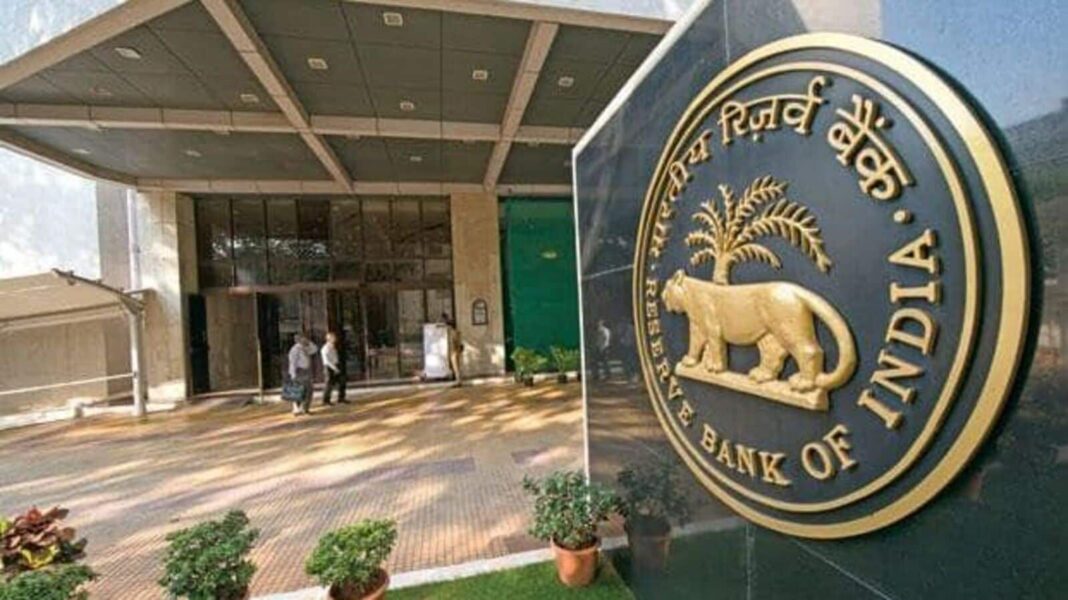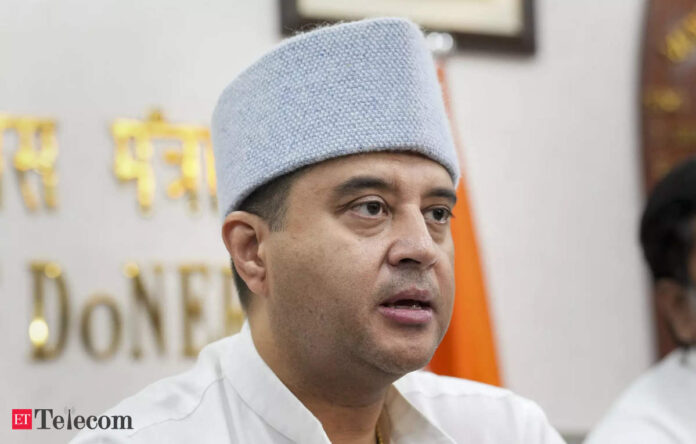In Short:
The Reserve Bank of India (RBI) has asked banks to give defaulting borrowers enough time before classifying them as “fraud accounts”. Show-cause notices must be issued to fraud account holders, with full details of the fraud, giving them at least 21 days to respond. Banks must follow principles of natural justice, with a board committee monitoring and taking action on fraud cases. Early Warning Signals (EWS) framework is required to flag potential fraud accounts. The guidelines apply to all financial institutions for better fraud risk management.
RBI Gives Defaulting Borrowers More Time Before Classifying Accounts as Fraud
Hey there! So, the Reserve Bank of India (RBI) made a pretty significant announcement on Monday, July 15. They have asked banks and other financial institutions to give defaulting borrowers **adequate time** before labeling their accounts as “fraud accounts”.
Show-Cause Notices for Fraudulent Accounts
Now, banks are required to issue show-cause notices to fraudulent account holders, providing them with all the details of the fraud, as mentioned by the RBI in a release. They also mentioned that these defaulters should be given a reasonable time of “not less than 21 days” to respond to the show-cause notice. Fair enough, right?
Background of the Change
This change in the current rule came after the Supreme Court of India delivered a judgement in March 2023, emphasizing that banks cannot simply declare an account as fraud without giving the account holder a fair chance to present their case. Makes sense!
Natural Justice Principles in Action
The RBI pointed out that it’s crucial for the principles of natural justice to be followed by regulated entities. This means that borrowers must be given a notice allowing them to explain any audit report conclusions before their account is classified as a fraud account under the RBI’s master directions.
Enhancing Fraud Risk Management
According to the RBI guidelines, financial institutions’ boards must review their fraud risk management policy every three years. The banks are also required to establish a special committee to monitor and take follow-up action on fraud cases. Safety first!
Early Warning Signals Framework
The recent amendment mandates banks to have a framework for Early Warning Signals (EWS) to flag suspicious accounts under potential fraud risks. This will fall under the overall risk management policy of the banks.
Strengthening EWS System
Additionally, the RBI has mandated banks to strengthen their EWS system by recognizing suitable potential indicators of fraud. It’s all about being proactive in preventing fraud!
Extended Guidelines
These guidelines are now extended to Regional Rural Banks, Rural Cooperative Banks, and Housing Finance Companies as well. The aim is to improve fraud risk management systems and frameworks in such institutions, as highlighted in the RBI statement.





